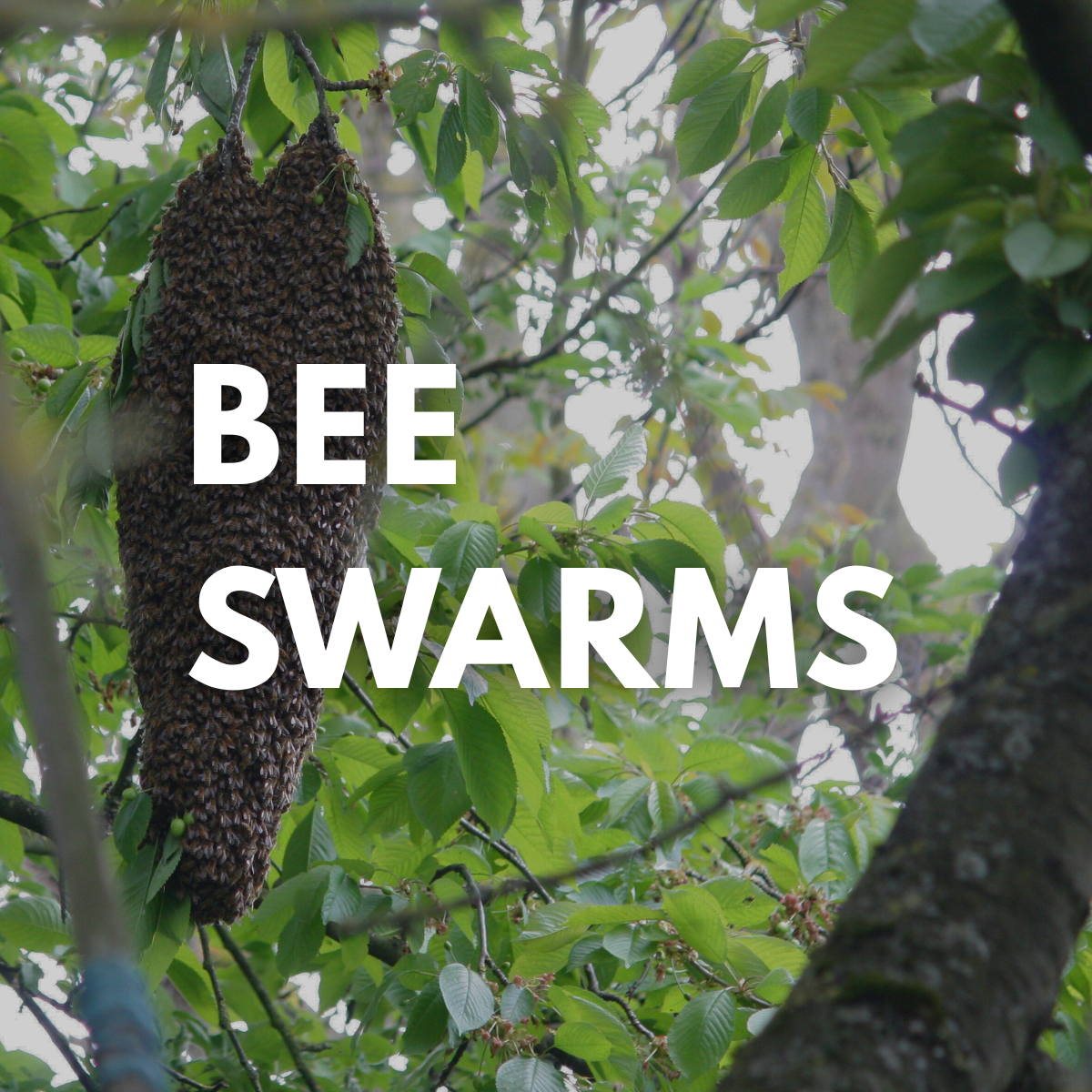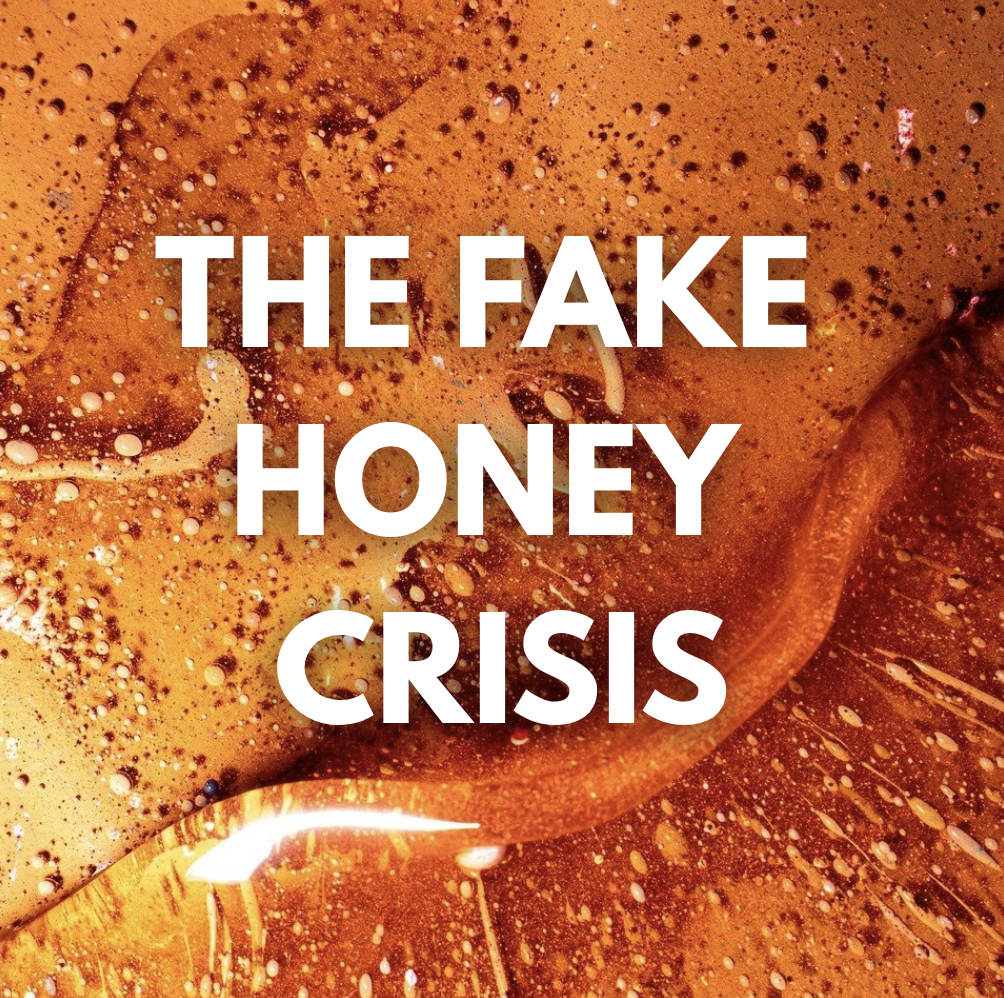Urbane Imkereilösungen
Wir installieren Projekt B Bienenstöcke und Bienenvölker bei Ihnen vor Ort und betreuen sie rund um die Uhr.
Honig & Nebenerzeugnisse
Wir ernten Honig und Bienenwachsprodukte, die Sie je nach Bedarf und Vorliebe verwenden und vermarkten können.
individuelles Marketing
Wir erstellen maßgeschneiderte Dokumente und Medien für die sozialen Medien und die Berichterstattung.
Erlebnispädagogik
Unser zertifizierter Imker bietet Erlebnisworkshops zu den Grundlagen der Imkerei und der Honigernte an.
Jeder kann ein Imker sein
Bei Project B wollen wir unsere Liebe zu den Bienen teilen, indem wir eine Gemeinschaft aufbauen, die lokale Lebensmittelproduktion unterstützen und die Bestäubung erleichtern. Wir stellen uns eine Unternehmenswelt vor, in der Nachhaltigkeit, Gemeinschaftsbildung und Geschäft Hand in Hand gehen.
Wie funktioniert es?
FAQs
Ist das legal?
Bienenzuchtinitiativen auf dem Firmengelände werden immer häufiger. Wenn man sich an bestimmte Regeln und bewährte Verfahren hält, ist die Bienenhaltung völlig legal. Es ist wichtig, eine Versicherung abzuschließen und den Vermieter (falls zutreffend) über die Absicht zu informieren, Bienen in den Räumlichkeiten zu halten. Und schließlich, und das ist das Wichtigste, muss man sich bei einem städtischen Tierarzt anmelden. Keine Sorge – wir kümmern uns um diesen Teil.
Ist das sicher?
Wenn man richtig gekleidet ist und einen respektvollen Abstand einhält, kann die Imkerei relativ sicher sein. Es ist jedoch unvermeidlich, dass man hin und wieder gestochen wird, wenn man eng mit Bienen zusammenarbeitet. Menschen, die allergisch auf Bienen reagieren, sollten von der Imkerei als Hobby Abstand nehmen. Wir achten darauf, Betriebe mit geeigneten Räumlichkeiten zu wählen, die einen sicheren und gesunden Abstand sowohl für die Menschen als auch für die Bienen ermöglichen.
Wie wirkt sich dies auf die biologische Vielfalt aus?
Bienen sind natürliche Bestäuber, und alle Bienen, auch die Honigbienen, können zur Bestäubung lokaler Ökosysteme beitragen. Bei Project B achten wir darauf, dass die Bienen in Gebieten angesiedelt werden, in denen genügend Grünflächen vorhanden sind, damit die Honigbienen sich wohlfühlen, und wo ihre Anwesenheit andere lokale Insektenarten nicht beeinträchtigt oder stört.
Unser Team

Leopold Winkler
Mitbegründer, Betrieb & Partnerschaften
Als zertifizierter Imker mit mehr als 8 Jahren Erfahrung beaufsichtigt Leopold alle technischen Imkereikomponenten des Unternehmens. Als deutscher Muttersprachler leitet er auch die Partnerschaftsstrategie von Project B.

Anna Dodd
Mitbegründerin, Kommunikation und Verwaltung
Die ursprünglich aus Kanada stammende Anna bringt mehr als 10 Jahre Erfahrung im Bereich Kommunikation mit zu Project B. Sie ist für Marketing, Geschäftsentwicklung und Verwaltung zuständig.
Bee-Blog
Lesen Sie unseren Bienen-Blog mit allen bienenbezogenen Neuigkeiten, Meinungen und lustigen Fakten!








